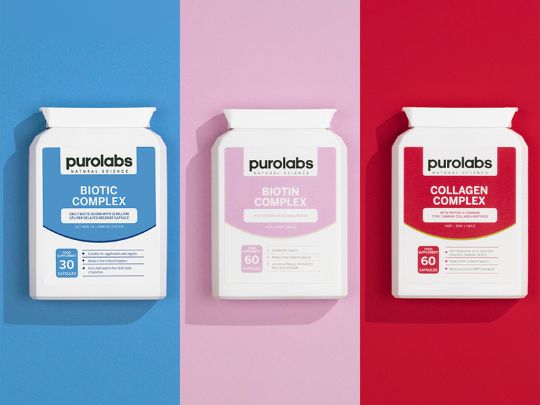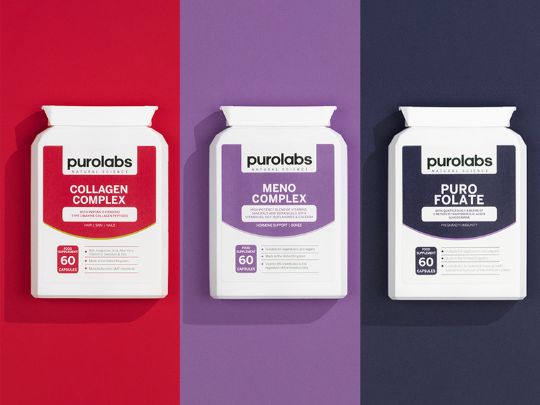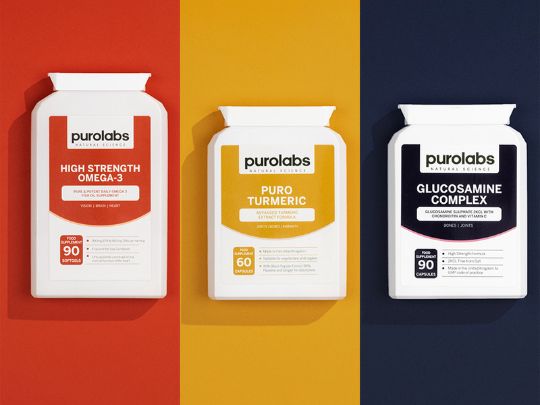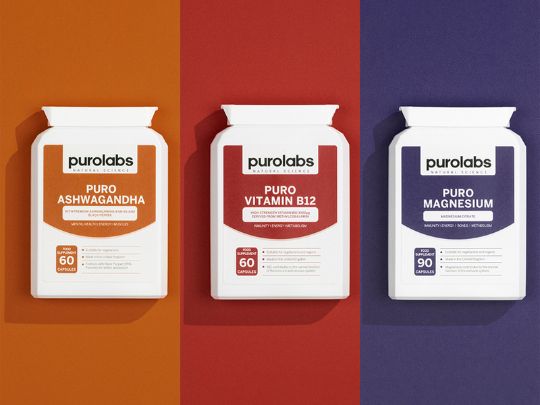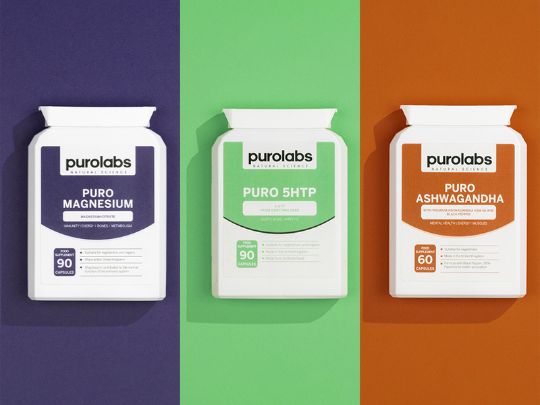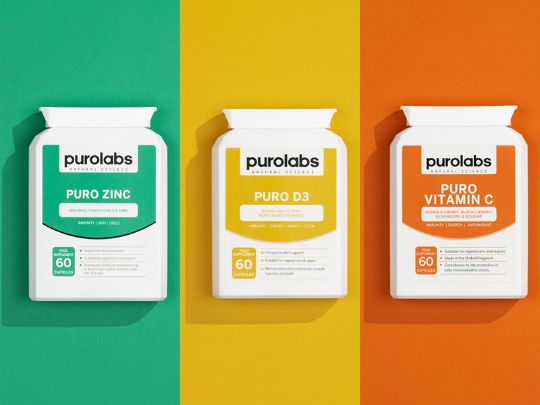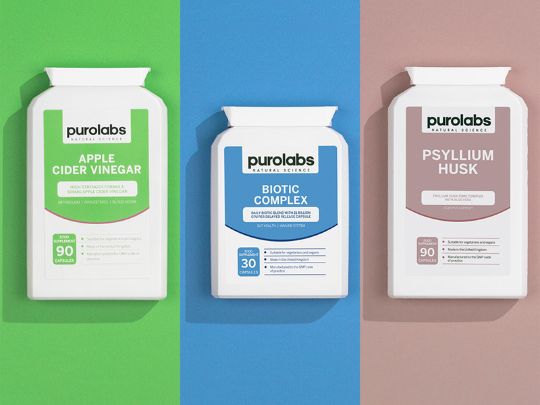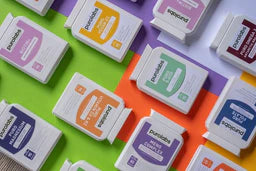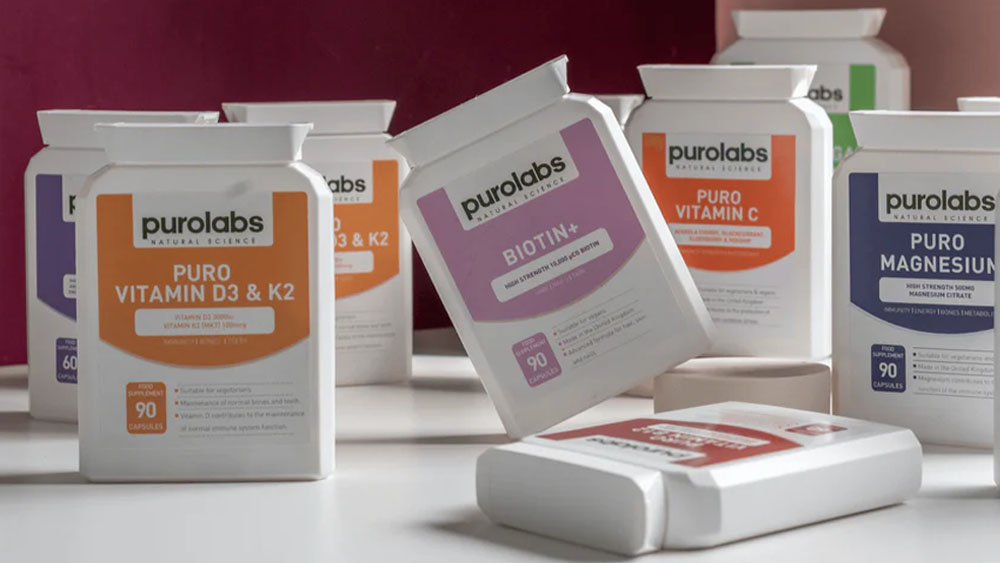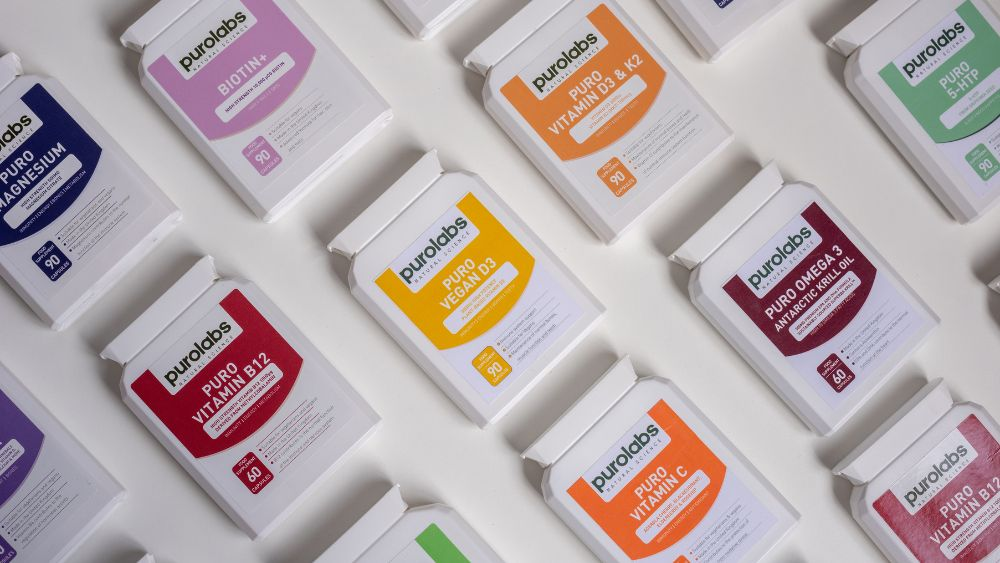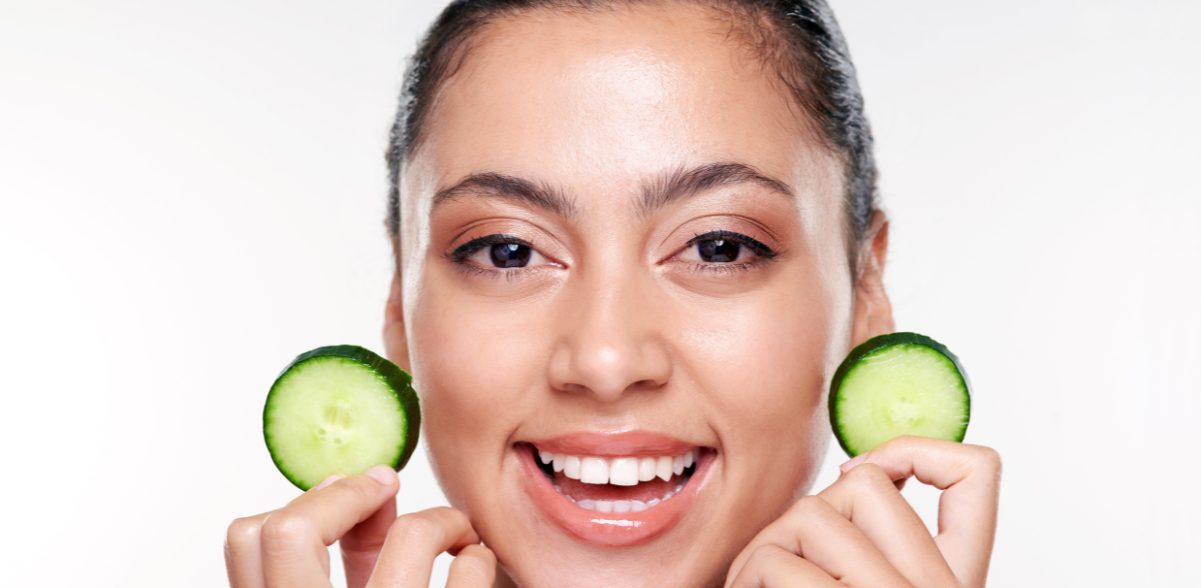Science has come a long way when it comes to skin health and the options for improving the largest organ in (and on) our body is vastly growing.
In previous decades, if you had any kind of inflammatory skin condition or were unhappy with your complexion, then skin creams and harsh conventional medicines were your only route.
Nowadays, studies are increasingly pointing to an ‘inside out’ approach when it comes to improving your skin, with fewer side effects and more comprehensive benefits for your health and life.
Whether you choose a conventional or more holistic approach to skin health, the below tips can be a complementary boost to your skin regime.
Read on for a few tips to help your skin based on your skin type:
4 Skin Nutrition Fundamentals
Firstly, let’s cover a few fundamentals when it comes to nutrition for skin to make sure we cover the basics. If for example, you follow the below tips for any skin type that applies to you, but you don’t drink enough water, then these tips will not be as effective.
Ensure the fundamentals are covered, then build from there for your best skin yet!
1. Drink 2 Litres Water Daily
As mentioned, water when it comes to the skin (and overall health) is vital. Don’t underestimate the basics, I’ve seen simple changes bring the most profound results when it comes to health and drinking enough water is one to add to the top of the list.
Water also helps the blood to effectively transport skin-loving nutrients to the epidermis to nourish it and improve skin texture and complexion. Adequate hydration allows for better blood flow so that our skin and other bodily tissues are well nourished1.
2. Boost Your Microbiome
Our skin is influenced by a process called the ‘gut-skin axis’, in which the skin is affected by our microbiome health.
Our microbiome needs to be nourished to help support the digestion process to allow for skin-loving fat-soluble vitamins to be absorbed properly. If digestion is impaired, then the body simply cannot absorb those vital nutrients to help boost our skin2.
Gut dysbiosis, which is an imbalance of good and bad gut bacteria has been shown to cause inflammatory responses in the body, which will show via the skin in the form of red, irritated, itchy and/or flaky skin3.
If there is one thing you can do to improve your overall skin health, it is to focus on a varied and colourful diet, high in fat-soluble vitamins.
Foods to add to help with microbiome/skin health are:
Vitamin A Rich Foods4: Grass-fed butter, egg yolk, butternut squash, carrots, pumpkins
Vitamin D Rich Foods5: Mushrooms, egg yolks, red meat
Vitamin E Rich Foods: Avocados, nuts & seeds, broccoli
Vitamin K Rich Foods6: Green leafy vegetables, kiwis, parsley, basil
Omega 3 Rich Foods7: Salmon, mackerel, herring, anchovies, walnuts
Supplementing with probiotics is a fantastic way to ensure that your microbiome is supported with a diverse range of health-promoting bacterial species.
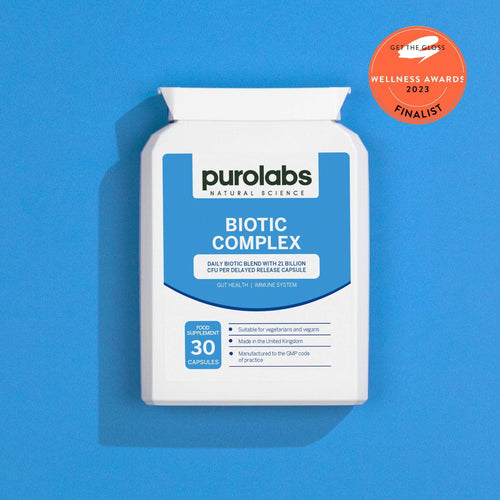
Biotic Complex
3. Sleep Sleep Sleep
The role that sleeps plays in skin health is significant. Firstly, we all know that a poor night’s sleep shows on our skin with bags or dark circles under the eyes, and a lack of glow or vibrancy to our complexion. It’s called beauty sleep for a reason.
Depending on other commitments, regular uninterrupted 8 hours of sleep feels like a pipe dream, however, improving the quality of your sleep will go a long way to improving your complexion.
Ensure you adopt a bedtime routine each evening by turning off blue light devices an hour before sleep, checking that your room is cool enough and trying to stick to the same bedtime each evening can go a long way!
4. Stress Management
Stress has been shown to promote inflammation, which isn’t ideal for skin health. Inflammation can show on our skin in the form of irritation, redness, and itchiness.
Inflammation is also a contributing factor to skin ageing as it increases oxidative damage in the skin and prematurely breaks down the structures that uphold and support the skin8.
The modern world that we all live in is designed to create stress and take us away from our natural state. We’re all running at a pace that our bodies can’t keep up with and it takes a toll on our skin and our overall health and well-being.
Easier said than done, but including mindfulness practices in your daily routine, going for a stroll, calling a loved one or running yourself a bath can be ways to help regularly manage your stress.
Tips for Normal Skin Types
If you have been blessed with a ‘normal’ skin type, meaning that your sebum production is balanced, and you don’t experience varying or unpredictable changes in your skin’s appearance, then I would advise reviewing the above fundamentals to keep your skin healthy and happy.
The above tips will help improve complexion and radiance, so can provide additional benefits to your skin.
Tips for Oily Skin Types
For those with oily skin types, that mid-afternoon oil that shines from your T zone can be the bane of your life!
However, studies show that those with oilier skin types do tend to age better. Therefore, whenever you find yourself cursing your oily skin, just remember that it’s providing you with natural anti-ageing benefits.
Dehydrated skin can exacerbate oil production, so although your skin appears ‘overly’ hydrated, it’s actually the body’s way of trying to maintain equilibrium by adding oils to help protect the skin barrier9.
Interestingly, studies show that riboflavin (also known as B2) deficiency may also disrupt healthy sebum production and lead to oily skin, therefore increase your intake of the below B2-rich foods10:
- Almonds
- Egg yolk
- Mushroom
- Spinach
- Tofu
- Avocados
Alternatively, supplementing with B2 can be a beneficial way to make sure you’re receiving an optimal dosage to help tackle oil production effectively. B vitamins work synergistically and are better taken as a B complex to boost benefits.
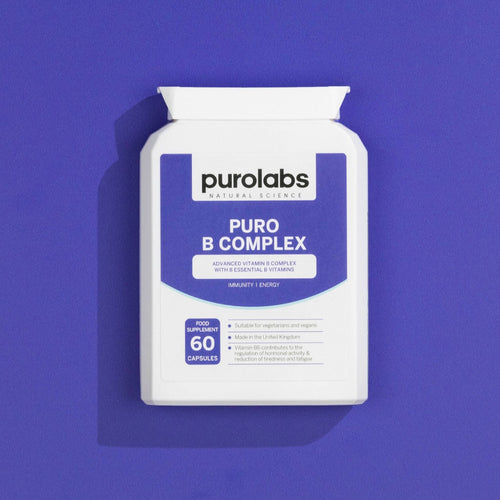
Vitamin B Complex
Tips for Dry/Dehydrated Skin Types
Foods with high water content are ideal for those with dry or dehydrated skin.
- Cucumber
- Watermelon
- Strawberries
- Oranges
- Peaches
Also consider reducing or removing beverages that are dehydrating to the skin such as caffeine fuelled coffee (sorry!), energy drinks and soft drinks.
A common complaint I receive from clients with dry skin is that they are drinking enough water, but their skin is still dry, irritated, and unhappy.
A simple hack to help your cells absorb the water you’re drinking is to add a glug of coconut water to the bottom of your water bottle.
The electrolyte balance in coconut water can vastly improve hydration and add moisture and glow to your skin. Ensure that you are purchasing coconut water which doesn’t contain added sugar.
A non-food tip for dry skin is to also consider purchasing a good barrier repair moisturiser to help lock in and protect your skin barrier.


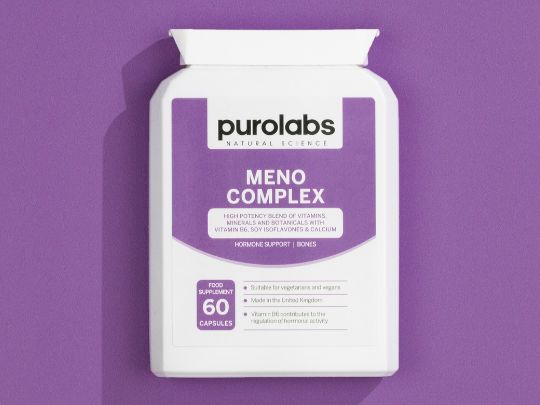
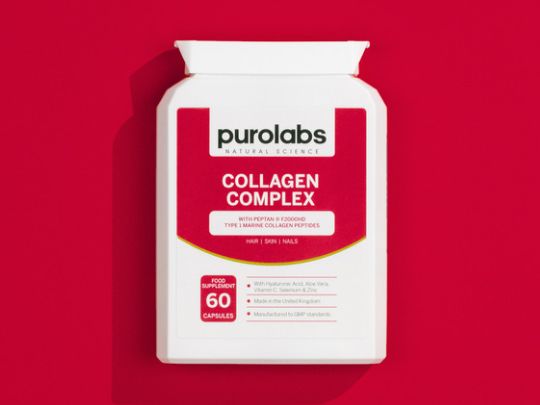
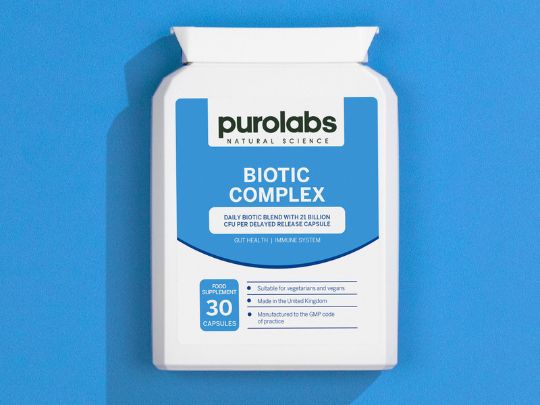
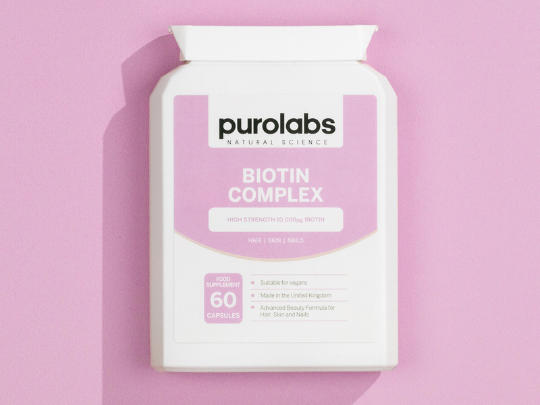
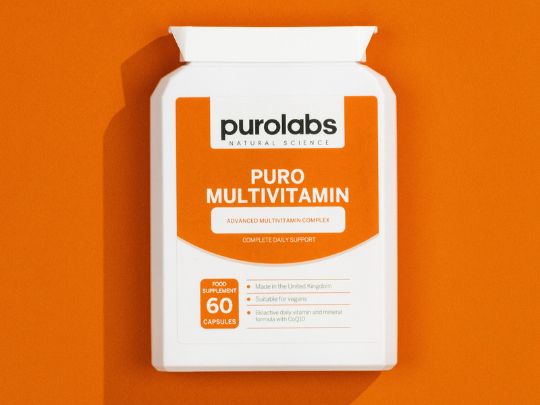
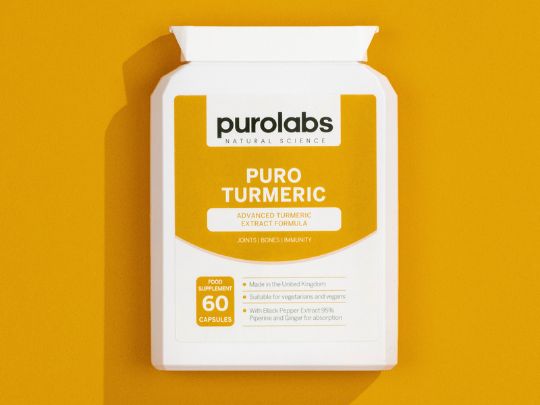
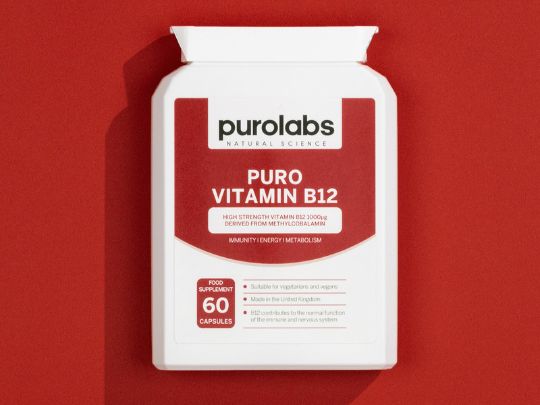
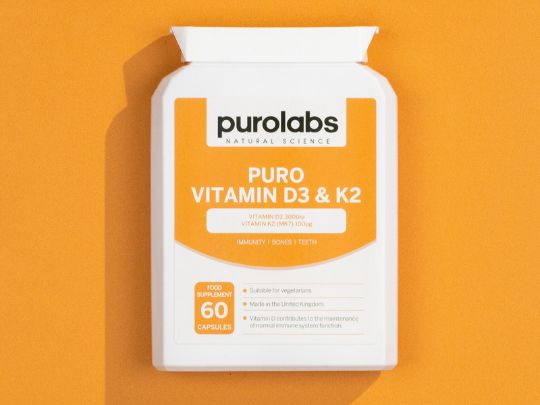
 Bone Health
Bone Health
 Brain Health
Brain Health
 Energy
Energy
 Eye Health
Eye Health
 Gut Health
Gut Health
 Hair
Hair
 Heart Health
Heart Health
 Immunity
Immunity
 Joint Health
Joint Health
 Menopause
Menopause
 Pregnancy
Pregnancy
 Sleep
Sleep
 Skin
Skin
 Stress
Stress
 Men
Men
 Women
Women
 Beauty
Beauty
 Hormonal Health
Hormonal Health
 Sports
Sports
 Vegan
Vegan
